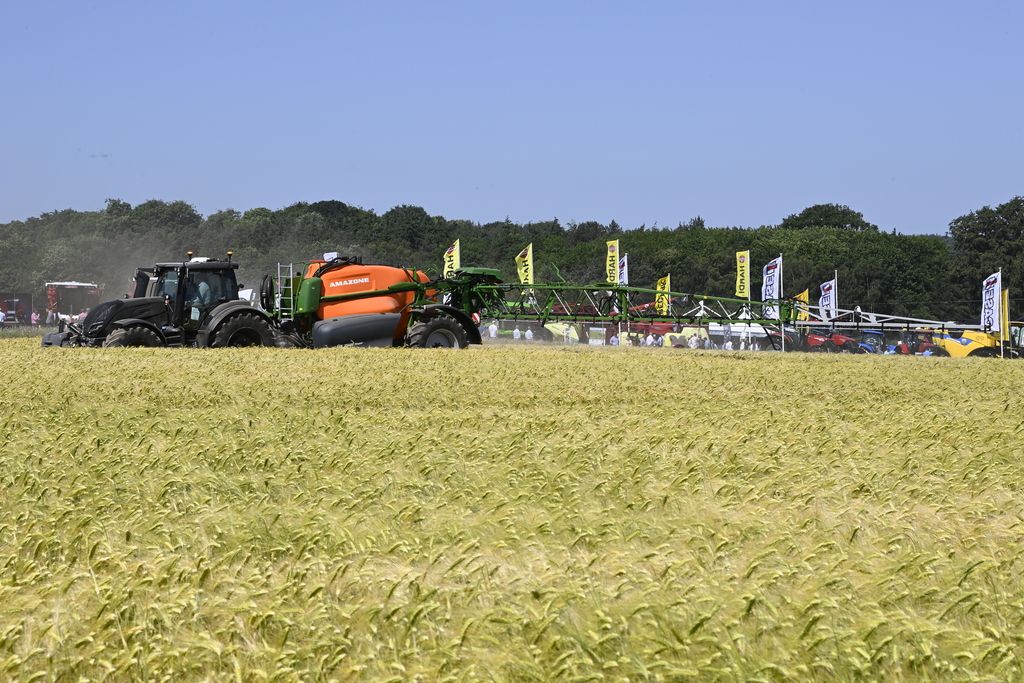)
Richard Heady
Richard farms on the outskirts of Milton Keynes, about 40 minutes by train from central London. He is a fourth generation farmer and runs the farm with his dad, John, and uncle, Brian.
It is a mixed family farm with 700 acres (283 hectares) of arable crops (wheat, barley, beans and oats) and 300 acres (121 hectares) of grassland, mainly for fattening store cattle. These are young animals, at least 12 months old, bought from a local livestock market, or from neighbours. Richard and his uncle feed them up to slaughter weight on home-grown grass, barley and beans.
The family farm is on the edge of Milton Keynes, which is expanding rapidly, and falls within the Oxford-Cambridge arc, an area of central England ear-marked for massive development. This presents both challenges and opportunities for Richard and his family. On the one hand they could lose productive fields to roads and building developments and fly tipping, trespassing and theft could get worse. On the other, the revenue created from any sale could help fix the farm’s succession issues and secure its future for another generation.
Richard has a particular interest in environmental management and improving soil health. He has introduced zero-till/regenerative agriculture to the farm, but will still cultivate where needed, and takes a flexible approach to farming. Changing to regenerative agriculture hasn't come without its challenges. The weather, machinery, techniques, knowledge, and soil transition have all had their issues, but also changing the ways and mindset of the older generation has been a major challenge.
The farm is in mid-tier Countryside Stewardship, and the Sustainable Farming Incentive Pilot scheme, using field margins and buffer strips to provide food and habitat for wildlife whilst buffering watercourses from chemical inputs. Richard also plants ‘legume leys’ – this is a mixture of grasses, clovers and wild flowers. They naturally add fertility to the soil, break the cycle of arable weeds, improve the structure of the soil and provide food for bees.
Richard has always known that farming is his calling. After school he studied Agriculture at Harper Adams University and did his placement year on an organic farm in Berkshire. After university he went to work on farms in Australia and New Zealand. He is now a partner in the family farm business. Juggling family and farming life can be tricky, but he uses running to escape the farming issues.
-
11-Jun-2024IPM methods and their role in SFI payments

 (7).webp)
